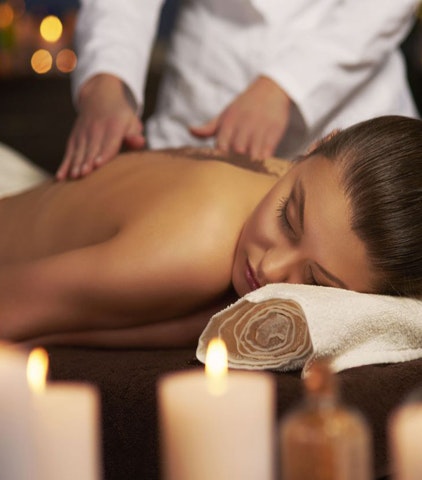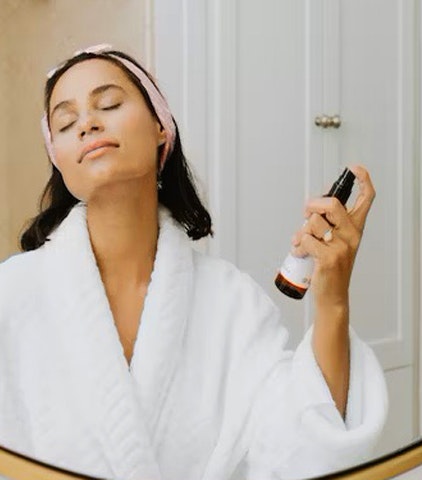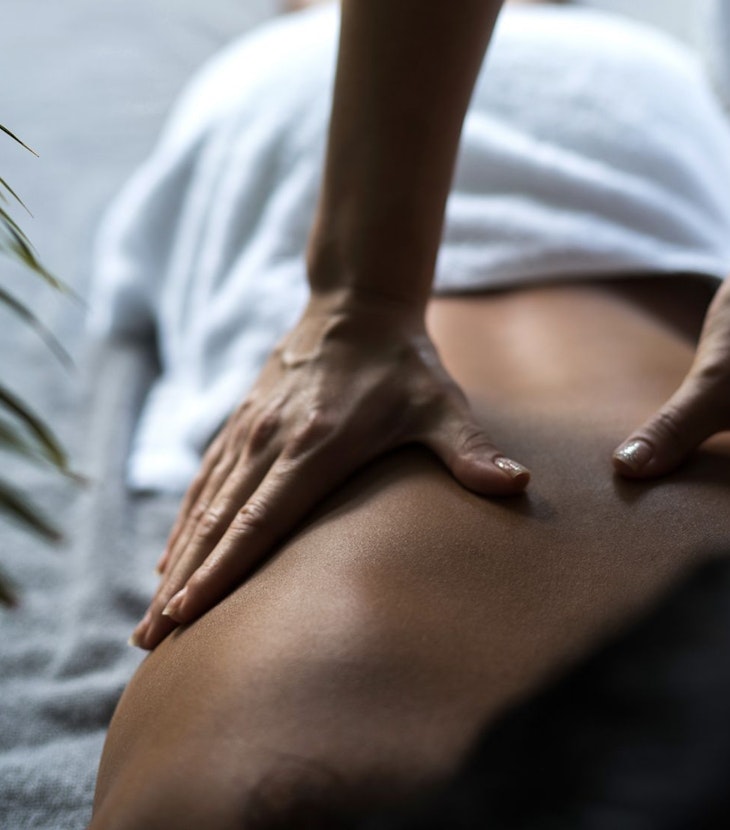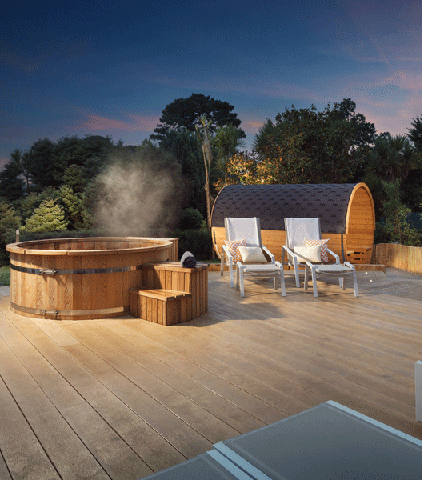
Enjoying A Spa Day If You Have Eczema
A trip to the spa is meant to be the most relaxing way to spend the day. But for eczema sufferers, it can be anything but. However, suffering with severely reactive skin doesn’t mean you should miss out on a pampering day at the spa; you can still enjoy luxurious facilities and zen treatments with a little know-how.
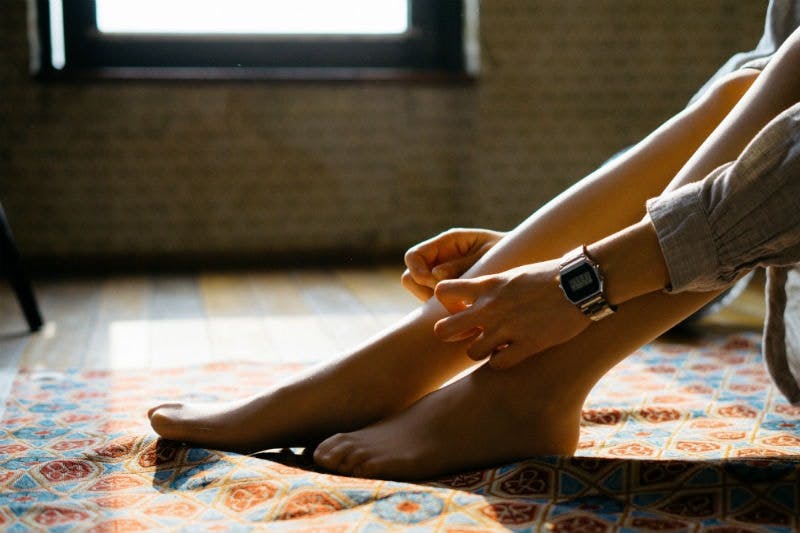
What is eczema?
Eczema is a skin condition that usually manifests itself in dry, itchy, inflamed and flaky skin. It can appear anywhere on the body, and there are many different types of eczema. Atopic eczema is one of the most common forms of the condition, and it usually occurs on the hands, inner elbows or behind the knees, and on the face or scalp.
There is no one cause of atopic eczema, however it’s common in people sensitive to allergens, so people who suffer with conditions like hayfever, asthma or food allergies might find they’re more likely to experience eczema. Likewise, symptoms might be triggered by substances that come into direct contact with your skin, such as washing detergents or soap or shower gels. They can also be triggered by factors like the weather or stress.
Treating eczema
Eczema is a medical condition, therefore a doctor should always be your first port of call to confirm the diagnosis and recommend treatments (most likely a topical cream to soothe the symptoms).
A doctor might recommend you keep a “skin diary”, noting down the condition of your skin and symptoms everyday, as well as things like what you’ve eaten or done that day, what clothes you’ve worn and what the weather has been like. This can help you spot any patterns in your symptoms – for example, that your eczema is worse after you’ve eaten dairy, or when the weather is humid – and will give you an indicator of what some causes might be.
Armed with this information, it should be fairly straightforward to work out what elements of a spa day are for you and which should be avoided to protect your skin.
Spa pools
Like anything that comes into direct contact with your skin, pool water has the potential to aggravate eczema symptoms. However many people with the condition experience no adverse effects at all. In fact, there is evidence to suggest that the very diluted levels of chlorine used in swimming pools helps to kill bacteria in eczema flare-ups without aggravating it, so it can in fact be a good thing for eczema sufferers.
Before heading poolside, rinse in the shower and then apply your usual emollient or moisturiser, to give your skin a bit of a protective barrier, paying particular attention to any flare ups or bad patches of eczema. The National Eczema Society recommends applying more than you usually would before entering the pool, especially on severe patches, in order to form a protective barrier over your eczema symptoms.
Thermal suites, saunas and steam rooms
Hot tubs, however, are a different matter. They have warmer water, higher levels of bacteria and more concentrated cleaning agents than you’d find in a large swimming pool, which all have a drying, aggravating effect on the skin, so are likely to exacerbate eczema symptoms.
Likewise, steam rooms and saunas are best avoided. In general, most eczema sufferers find that getting hot and sweaty, such as during exercise, can aggravate symptoms, making skin very itchy and inflamed. Therefore sitting in a sauna or steam room is likely to be pretty uncomfortable.
Instead of making your skin sore, pull up a poolside lounger and kick back with a magazine while your friends are making use of the thermal suites, or take a leisurely dip in the spa pool.
Skin treatments
Knowing which spa treatments you should or shouldn’t have will depend on the severity of eczema, where on your body you experience symptoms and what the triggers are for you. But whatever sets your skin off, the key to making sure you have the best spa day possible is planning ahead.
As a general rule, body scrubs are not going to do delicate, reactive skin much good, so stick to a massage or facial. It’s a good idea to call ahead and speak to a therapist about your condition and find out which products used in different treatments.
If possible, pop in for a patch test a couple of weeks before your spa day, to see how your skin reacts to the products. Most spas offer personalised, closely tailored treatments these days, so chances are, your therapist will be very adapt the treatment to accommodate any flare-ups in symptoms.
If you’re really uncertain how the spa’s massage oils or products will go down on your skin, bring your own – something you know your skin is happy with – and ask your therapist to use that instead. When your spa day comes to an end, be sure to finish with a rinse in the shower to wash off any chlorine or sweat that might be sitting on your skin. Then layer up with your usual moisturiser to keep your skin protected and nourished.
Do you feel like you deserve some relaxing time? Discover our spa days and discover a large choice of beauty treatments that will respect your skin.

